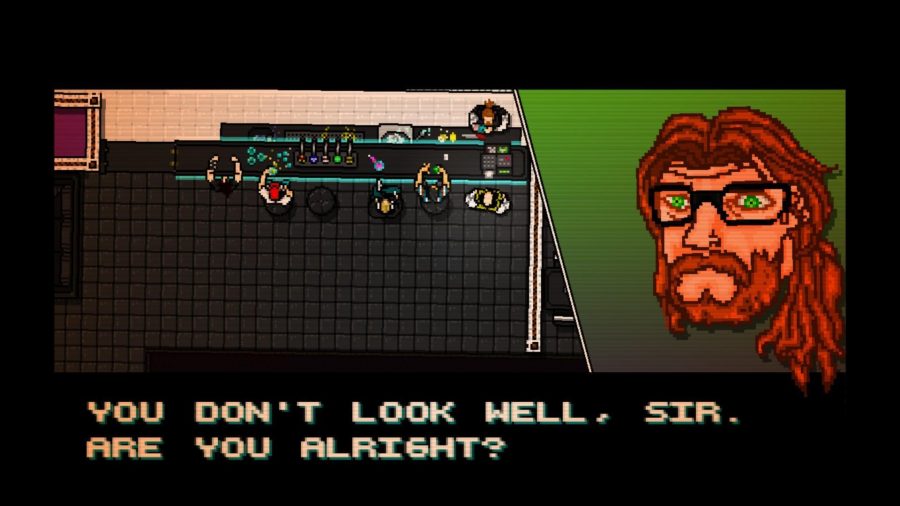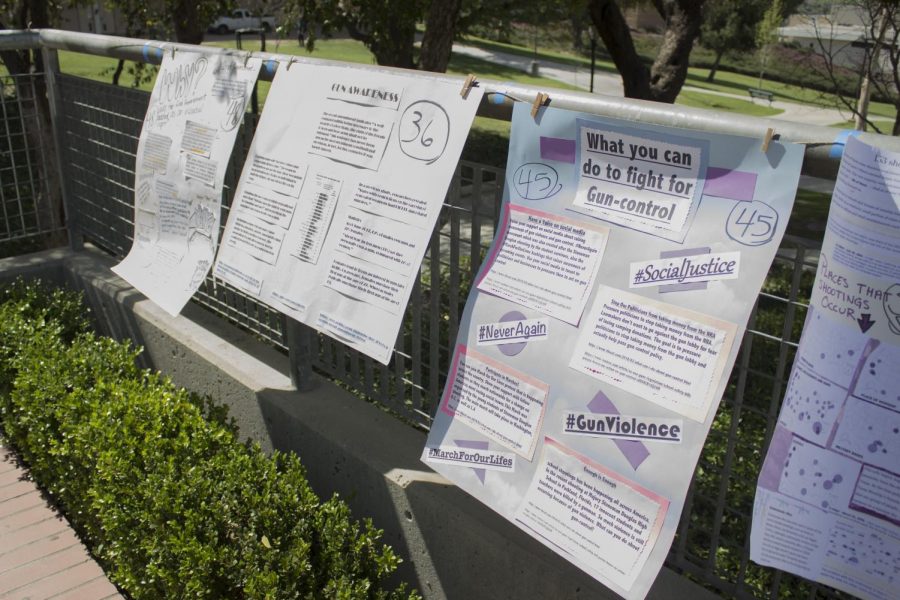A meta-commentary is a work that critiques its own medium within its own medium. Simply put, a game about games, or a movie about movies.
“Spec Ops: The Line”
Yager Development’s “Spec Ops: The Line” is a game that at first glance, is a boring linear, generic, third-person shooter. The box art, the art direction and even the advertisements all intentionally supported this idea of mediocrity. The game plays like a typical shooter. Unidentified hostiles shoot first, so you shoot back. “Spec Ops” has you expending bullets until you use a white phosphorus missile on what you assume is an incoming group of even more enemies. You soon realize that it was a large group of innocent people. From this point on the game continuously forces you to commit increasingly questionable actions and condemning not just the main character but you as a player, until an ending that makes you confront what you’ve been doing, and why you continued to do it.
“Spec Ops” sharply and deftly criticizes the way jingoistic franchises like “Call of Duty” and “Battlefield” reward the killing of waves and waves of people with increasingly threadbare motivations. The game-play never evolves into something more compelling, but the direction the narrative takes gives the highly typical game-play a sickly undertone.
“Little Inferno”
Tomorrow Corporation’s “Little Inferno” points its’ sights on mobile and casual games like “Farmville”. “Little Inferno” mimics the limited resources versus timed delivery mechanic most casual games use, (where the way out is usually to buy more resources) but at a much faster pace. Unlike “Spec Ops” which didn’t offer much improvement on the games it criticizes “Little Inferno” does. It adds a narrative. As you burn knick-knacks and treasures in your fireplace, so does someone else, a girl named Sugar Plumps, who sends you letters, which you also burn for money. The narrative escalates as you and her become more and more enthralled by the inferno’s warm allure, but your Inferno explodes.
I won’t spoil the end of “Little Inferno” because, unlike “Spec Ops”, the entirety of “Little Inferno” is an excellent critique of casual game design. It not only emulates and critiques upon the “Facebook game” formula, it improves upon it. Showing that with good design, quirk, charm and a charming narrative even “Farmville” can be a rewarding experience.
“Hotline Miami”
Do you like hurting other people?
Who is leaving messages on your answering machine?
Where are you right now?
Why are we having this conversation?”
These are the questions “Hotline Miami” by DENNATON asks you. “Hotline Miami” is a game that is hyper-violent and even more stylish. Between the psychedelic backdrops and screen effects with the pumping electro-pop in the background it has incredible presentation and mood. You are a hitman. You get your orders from vague messages on your answering machine, and then you cause a lot of violence.
Do you like hurting other people? Of course not, at least not really. In real life hurting people is unsatisfying but in “Hotline Miami” it feels good, and earns you points. Its’ easy to see an anti-violence message in “Hotline Miami” but it really seems to be an exercise in context. The vague story and abstracted visuals leave you removed from the world, but interested in the questions, enough to keep struggling through “Hotline Miami’s” tough as nails combat. The music keeps you moving and the frenetic visuals keep you entranced in the game. All the elements at play make the game feel good, but whenever you beat a level, you are forced to slowly walk through the mayhem you have caused.
What I took from “Hotline Miami” was the importance of context. With the simple removal of music, what was once my field of triumph doesn’t seem so proud anymore. It establishes a fantastic narrative hook, visual style, sound and game-play and toys with itself and you systematically seeing what happens when you take one away, and leave the rest.
At the end of each level “Hotline Miami” shows you what it looks like with no music, the hospital level shows you what the game fells like without its fast action, the end of the game even shows you that, until then you’d been playing without a story, no more reason to go do what you do other than the messages on your answering machine.






